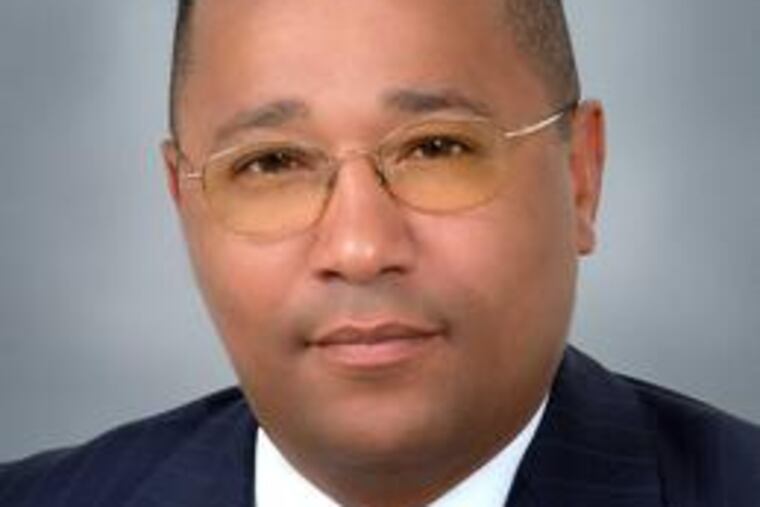AIDS Education Month begins by saluting effort to solve prison condom problem
For three months last year, Teresa Sullivan was incarcerated at Riverside Correctional Facility, a women's prison on State Road in Northeast Philadelphia. She recalls seeing prisoners use rubber gloves from the kitchen as barriers during sex.

For three months last year, Teresa Sullivan was incarcerated at Riverside Correctional Facility, a women's prison on State Road in Northeast Philadelphia. She recalls seeing prisoners use rubber gloves from the kitchen as barriers during sex.
"There was a lot of unprotected sex going on," said Sullivan, 46.
According to the Centers for Disease Control and Prevention, HIV transmission is possible between women; the CDC's Web site says that women should know "the potential benefits of using condoms."
Although it's illegal to engage in sex while in prison, it happens anyway. But last year, after educators told Riverside inmates about safe sex and left condoms for them, corrections officers removed the condoms, calling them contraband, Sullivan said.
That probably wouldn't happen in Philly prisons now, thanks to an unlikely collaboration between the famously confrontational AIDS-activist organization ACT UP Philadelphia and former prisons commissioner Leon King that resulted in greater availability of condoms.
"You would think that a prison commissioner would not be on the same side, would not necessarily have common ground with an activist group," said Jane Shull, executive director of the AIDS-service organization Philadelphia FIGHT.
Tomorrow evening, both King and ACT UP Philadelphia will be honored at the opening reception of Philadelphia FIGHT's 14th annual AIDS Education Month. Each will receive the organization's Kiyoshi Kuromiya award, named for a pioneering AIDS activist who lived in Center City and died in 2000.
Knowing that condoms were not always available to prisoners in the city, ACT UP members last year went into prisons with tape recorders, interviewing inmates and corrections officers about the issue.
After they confronted King with interview transcripts showing unequal access to condoms, King widened the distribution of condoms and put them on the commissary lists so inmates could order them.
"It was making a statement that was saying condoms are not contraband," said King, who now works for City Councilman Frank Rizzo. "It's promoting safe sex. It has raised the awareness of the issue. It has changed the way people think about condoms."
"It was a community health issue, because good prison health is actually the same as good community health, because those individuals will be returning to the community," said Waheedah Shabazz-El, a spokeswoman for ACT UP. "We're not promoting sex. We're promoting health."
According to the Web site statehealthfacts.org, 697 or 1.6 percent of inmates in custody of state or federal prison authorities in Pennsylvania had HIV in 2006.
"A lot of inmates will take advantage of condoms if they decide to have sex while in prison," said Sullivan, an ACT UP member. "It will cut down on inmates passing things on and catching stuff. I think it has a great impact."
Tomorrow evening's reception begins at 5:30 at the Radisson Plaza-Warwick Hotel Philadelphia, 17th and Locust streets.